Hollywood Loves Books
And authors are cashing in big-time.
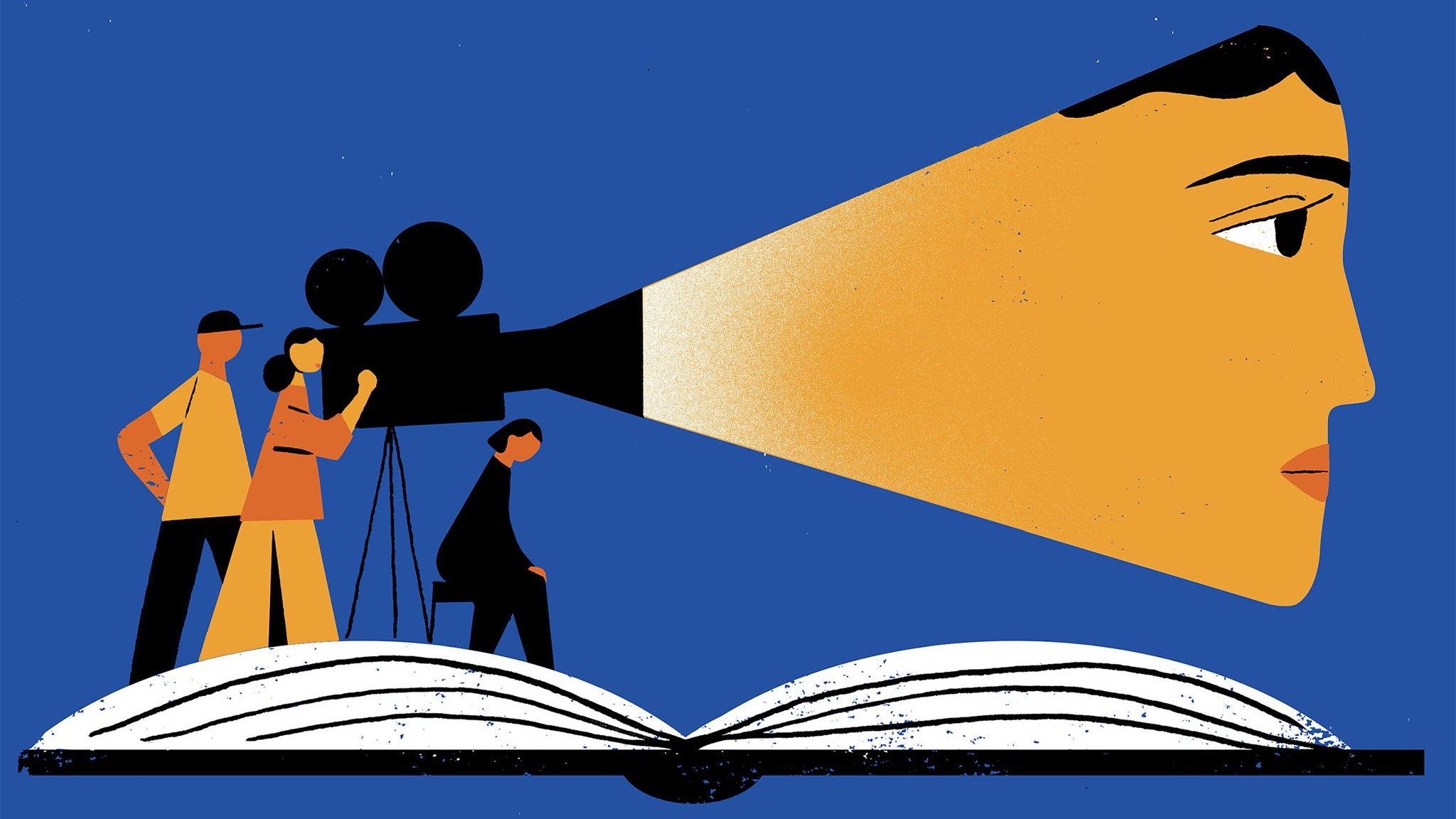
When author and illustrator Ariella Elovic drafted her book proposal for Cheeky: A Head-to-Toe Memoir, she never considered that the graphic memoir about body acceptance might one day become a television series. Growing up, her biggest insecurities were her visibly hairy arms, sideburns, unibrow, and upper lip hair; as a young adult, she created an illustrated alter-ego to help her process all of the ways her body was changing. When she signed with literary agent Meredith Kaffel Simonoff of DeFiore and Company, the agent offhandedly noted that she could see the world of Cheeky expanding on a streaming service such as Netflix or Hulu. After the book was finished, Simonoff’s coagent at United Talent Agency (UTA)—one of the four major Hollywood talent agencies—presented Cheeky at a general meeting where talent agents brainstorm creative partnerships between their clients. Throughout the summer of 2020, Elovic, 30, took the resulting one-on-one phone calls with actors, directors, and showrunners looking for a partner with whom she clicked creatively. She hit it off with an established comedian. “It basically felt like what we would create together would be a really strong combination of our two brains,” Elovic says. Though the partnership has yet to be announced, the pair are working with a production company on a “mini-pilot” to pitch to streaming services. A few weeks ago, the author quit her day job as a project manager at Paperless Post. It’s a big commitment, she says, but “I figured at some point, I [would] have to quit my job to help prep material. I’m going to want to give it my all.”
Cheeky was not a bestseller, celebrity book club pick, or runaway hit at launch. It received positive reviews and a decent amount of attention. Its Hollywood prospects are not noteworthy because of being extraordinary, but rather, increasingly ordinary. In 2020 alone, streamers produced 532 new television shows. Their appetite for content is fueling a golden age of adaptations, according to Michelle Weiner, head of the books department at Creative Artists Agency (CAA), which includes the book-to-film department and the publishing group. “The volume of film and television being produced has increased dramatically,” she says. “A book is one of the greatest story bibles”—what TV producers use to track details about characters, plots, and more—“that a television show or a film can have. It has a fully-fleshed-out plot, highly sophisticated characters, and, often, a very inventive world.” As a result, there is more opportunity than ever for authors who wish to adapt their work for the big (or small, or even pocket-sized) screen.
Every year, the streaming industry becomes even hungrier for intellectual property to adapt. “What Hollywood needs is more and more content because of all the outlets,” says Knopf editor-at-large Peter Gethers, who previously ran Penguin Random House’s book-to-film department and now co-produces projects for Universal Studios, STUDIOCANAL, and Food Network. But in many cases, before studios buy the rights to a book, they “need some form of validation, so they know something is good.”
Of course, production companies, like readers, can make judgements via reviews and The New York Times bestseller list. But increasingly, producers look to celebrity book clubs to help figure out which titles could become blockbuster streaming hits. CAA—an agency that represents not only authors but also screenwriters, directors, and some of Hollywood’s top actors—has worked with clients such as Reese Witherspoon and Emma Roberts to create those book clubs. Weiner calls the platforms “a win for every aspect of our business,” because the featured authors increase their audience sizes, while their projects become attractive to film and television buyers who then feel like they’re investing in a project that has a larger, built-in viewership. (It sounds like a circular system because it is.)
Producers look to celebrity book clubs to help figure out which titles could become blockbuster streaming hits.
Some of these high-profile book clubs shepherd projects directly into the adaptation pipeline. Reese’s Book Club produces adaptations through Witherspoon’s production company, Hello Sunshine, and Roberts’ book club, Belletrist, is working on Victoria Schwab's teen vampire drama “First Kill” for Netflix, among other projects. “The exact role the author plays differs in every situation, but we always do our very best to make sure the original storyteller feels gratified by the way his or her material is adapted,” says Lauren Neustadter, Hello Sunshine’s President of Film and Television. “In the case of Little Fires Everywhere, Celeste Ng handed off the adaptation to Liz Tigelaar and our writers room and cheered them on. In the case of From Scratch, Tembi Locke was intimately involved in the adaptation and her sister Attica was the showrunner.”
Obviously, authors make money if their book is optioned, but sometimes factors—like celebrity hype, great reviews, and a place on the bestseller list—combine to create the kind of deal literary dreams are made of. Take Brit Bennett’s number-one New York Times bestseller The Vanishing Half, which landed a splashy seven-figure deal at HBO, with Bennett attached as executive producer. The Vanishing Half rights were the subject of a heated 17-way auction. Other high-profile examples of authors signing onto their adaptations include Lisa Taddeo producing her number-one New York Times-bestselling nonfiction debut Three Women for Showtime (following a hot bidding war for the rights) and Taffy Brodesser-Akner spearheading the FX adaptation of her novel Fleishman Is in Trouble (also following a 10-way scramble to own the rights).
Taddeo, who is mid-production on Three Women and in development on a handful of other projects, admits to experiencing a steep learning curve when she first started working in Hollywood. There, the author is just one more voice in the room. “Writing books is a solitary enterprise, and then an editor is involved, but the experience is much more author-focused,” she says. “On a TV show, there are many pluses to having lots of brains on a project, but there is also a dissipation that happens. Sometimes the force of a single voice can be weakened by the ideas of many. Other times the opposite is true. It depends, project to project, partners to partners. There are just so many more variables.”
The latest novel of Alexandra Kleeman, a critically-acclaimed author and professor at The New School, Something New Under the Sun, follows an author who flies out to L.A. to work on the adaptation of his novel, and then gets relegated to the role of production assistant. This would never happen in real life. “I don’t know if I would say that authors have more control, but I would say that authors seem to be more visible in Hollywood,” she says. Featuring authors so prominently in the media, Kleeman believes, “offers a guarantee of artistic merit and announces the prestige quality of the project.” Influencer book clubs and brand collaborations like Warby Parker x The Paris Review deal in this same brand cross-pollination. In exchange for a brand giving the author a wider platform, an author gives the brand a deeper sense of authenticity or cultural cachet. “I’m like an artisanal baker or jam maker or something, making stories in the slowest possible way,” Kleeman says.
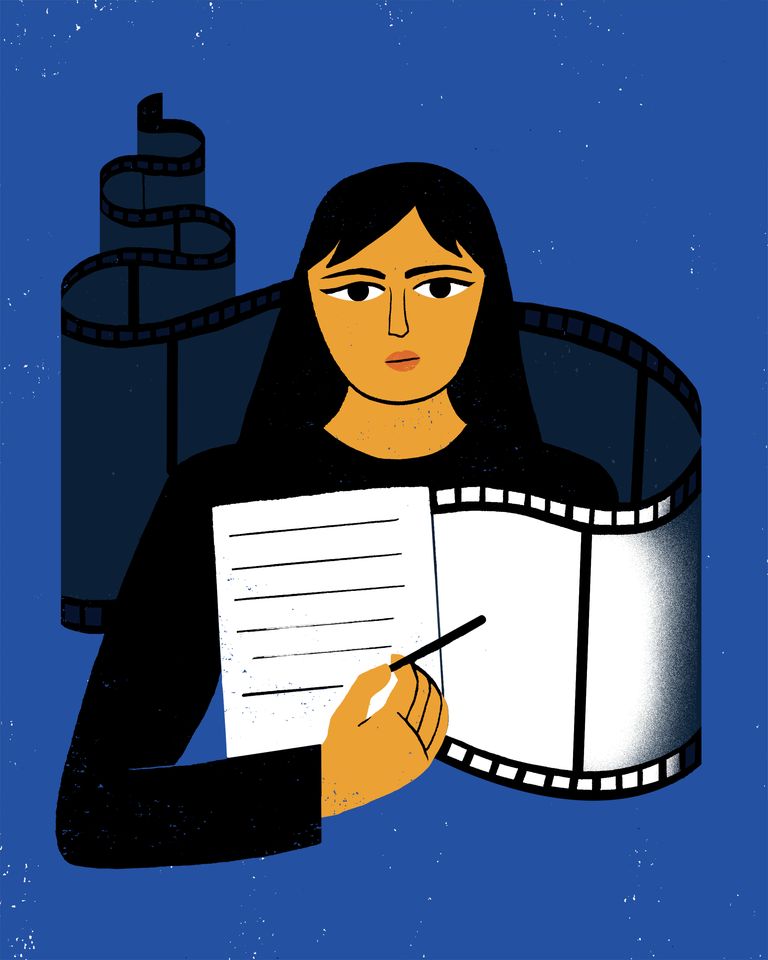
Weiner says well-regarded partners, like the famed comedian Elovic is working with, are key for authors looking to make the jump to screenwriting. “There are a great number of established screenwriters who are incredibly open to mentoring authors to adapt their work,” she says. (To clarify, those experienced screenwriters are also paid by the studio.) “We've seen authors who start as producers on their first book, and then learn and absorb as much as they possibly can, and then end up writing and producing on their next [book’s adaptation].”
Stay In The Know
Get exclusive access to fashion and beauty trends, hot-off-the-press celebrity news, and more.
For every author like Taddeo who had the clout to maintain significant creative control over her project, there are many other authors who aren’t as lucky. “Screenwriters are not given the same amount of respect by the studios and by the directors that book authors are given by their editors and publishers,” says Gethers. “So they ultimately, in screenwriting, have much less control, except for very few who have a good amount of control, but there are very few of them.”
Still, authors are scrambling to join the supposed gold rush of TV or film writing. “I’ve heard friends in the writer community say, ‘I think I wrote that book because I thought it would make a good movie,’” says Kleeman. “I see Hollywood picking up options on things that wouldn’t seem very Hollywood before, things that are difficult to film,” she says. “It’s become very common to talk to another writer about [the status of] their project in Hollywood as a catching-up sort of question, when it used to feel rarer and more exceptional.”
As for the money? “The TV-writing money can be really fantastic,” says Will Watkins, Literary Agent at ICM Partners. “Because if you get a show on the air, you can make well in excess of a million dollars. You can even make that if you don't get a show on the air, if it's the right deal.” Writing a pilot script can garner “at least” six figures, he says, and options for even not-so-competitive titles could run in the low-to-middle five digits. The upside for those lucky authors is that this “can kind of liberate them from having to do all these other things [podcasting, teaching, copywriting] to make ends meet, depending on what's going on on the publishing side.”
Authors often know more about the topic than anybody else in the room.
Midlist authors (i.e. authors whose books get less of a marketing push, therefore garnering fewer readers) are not necessarily set for life when their film rights sell. Sure, the pay is “better than books,” says Maris Kreizman, publishing-world insider and host of “The Maris Review” podcast, but “it’s not that every person who writes for TV is wealthy and set up and doesn’t have to worry about money.” Most adaptations in development don’t even get made. Of the ones that do, it’s ever harder for a show to become a hit, explains Kreizman. “How many of them get made and get lost? It’s almost as if Netflix is inventing a midlist again. There are so many shows, not all of them can rise to the top.”
Authors have historically tended to also be teachers or professors and vice versa. Many writers share their tradecraft in Masters of Fine Arts (MFA) programs, which boomed in the late 20th Century and are still going strong. “I don't think [exclusively] writing books ever was a way to make a living,” says Gethers. “I mean, in the old days, authors were doctors and lawyers and had real jobs. Writing was rarely considered a full-time job. The difference is now, there are so many other opportunities for authors to write.” Many full-time writers operate similarly to startup founders or gig workers, writing across podcasts, journalism, books, even video games, to make ends meet as professional storytellers. Before Taddeo went into production on Three Women, every workday was a balancing act. She started her career as a freelance writer juggling articles for a range of New York publications, and sold a novel that was never published. Flash forward to June 2021, and her day might include a book interview for her novel Animal, a Zoom meeting with a director for the Three Women TV series, another Zoom meeting with a producer for Animal (which is in development for TV), and an interview with a reporter for a women’s glossy magazine. Then, she might sit down to write an article, since she’s still a practicing journalist. “It feels like I never have my feet in one area,” she says.
Sweetbitter author Stephanie Danler, who co-wrote and executive-produced two seasons of a Starz series based on her book, is now a prolific screenwriter and co-founder of Desierto Alto, the wine store and specialty shop near Joshua Tree, California. “Scripts are very creative and I feel lucky that I get to write as a day job,” she says. “I’m still thinking about characters and momentum and pacing and story and plot.” In her experience, a novel can take years of mostly solo work, while a script is more collaborative (with actors, directors, other writers). “I think being an author is sacred in a way,” she says; it’s more of a vocation.
The Hollywood book boom comes at a time when corporate consolidation in the publishing world threatens authors’ abilities to profit off their work, making TV writing a necessary second career. “Penguin and Random House merged, and if they end up acquiring Simon & Schuster as well, there will be one behemoth where you can publish and three other smaller places and many other micro places that absolutely can’t compete,” says Kreizman. Say the merger does go through and a book doesn’t find a home at Penguin-Random House-Simon & Schuster, an author would automatically be looking at a smaller advance elsewhere, since the monopoly would give authors and their agents less negotiating power. Regardless of whether the merger happens, midlist advances against royalties (authors’ up-front paychecks) are dropping across the board, so authors who don’t have full-time jobs face greater pressure to generate multiple revenue streams through storytelling. “It's harder to make a living as a [genre] book writer or midlist book writer probably than it's ever been before,” Gethers says. [On November 2nd, the Biden administration sued Penguin Random House to prevent the deal from happening.]
Agents also play a vital role in setting their authors up for success in Hollywood. “There are those of us that feel very strongly that authors can and should stay on their own projects, as long as they have the interest to do so,” Weiner says. “There are many authors who have successfully done it, which also paves the way for others.” Think: Gone Girl author Gillian Flynn, Stephen King, Cormac McCarthy, and The Hunger Games author Suzanne Collins.
“I want the author as involved as they possibly can [be], as much as they want to be,” echoes Heather Karpas, a former publishing agent who spent nearly a decade representing authors at ICM Partners, and now leads scripted development at Richard Plepler's Eden Productions, which has an overall deal with Apple TV+. “Authors often know more about the topic than anybody else in the room,” she says. “There's a wealth of knowledge there that ought to be tapped into."
But not every author is suited to the adaptation process, where style and nuance is often sacrificed for story. Gethers knows some writers who “shy away from [screenwriting] because it can be heartbreaking,” he says. “It's much harder to let go of your darlings—to kill your darlings in a book—if you're the actual author of the book. And often that's what has to happen in a movie.” Others are not interested in the politics and compromise of Hollywood, and their agents encourage them to take the money and run. In book publishing, Karpas says, “there is one person's name on that cover, and it is the author's name. That is the closest to complete control is as you're going to get. In Hollywood, that's just not the nature of the beast.”
-
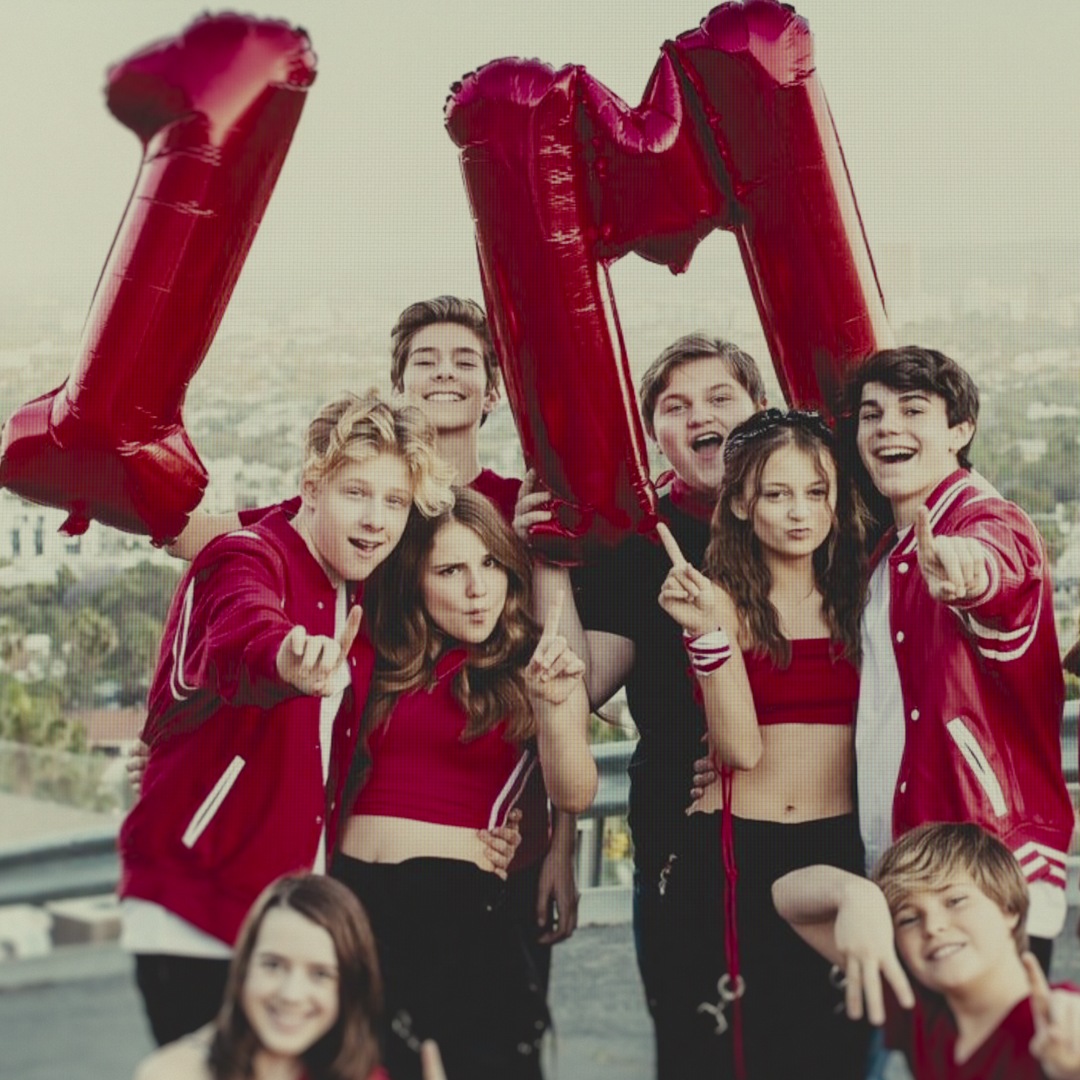 'Bad Influence' Charts the Demise of a Popular Social Media Squad—Here's Where the Kidfluencers Are Now
'Bad Influence' Charts the Demise of a Popular Social Media Squad—Here's Where the Kidfluencers Are NowThe names in the Netflix docuseries have fallen out of touch with subject Piper Rockelle.
By Quinci LeGardye Published
-
 What's Your Olfactory Personality?
What's Your Olfactory Personality?Curating your scent style infuses individualism into a perfume wardrobe.
By Samantha Holender Published
-
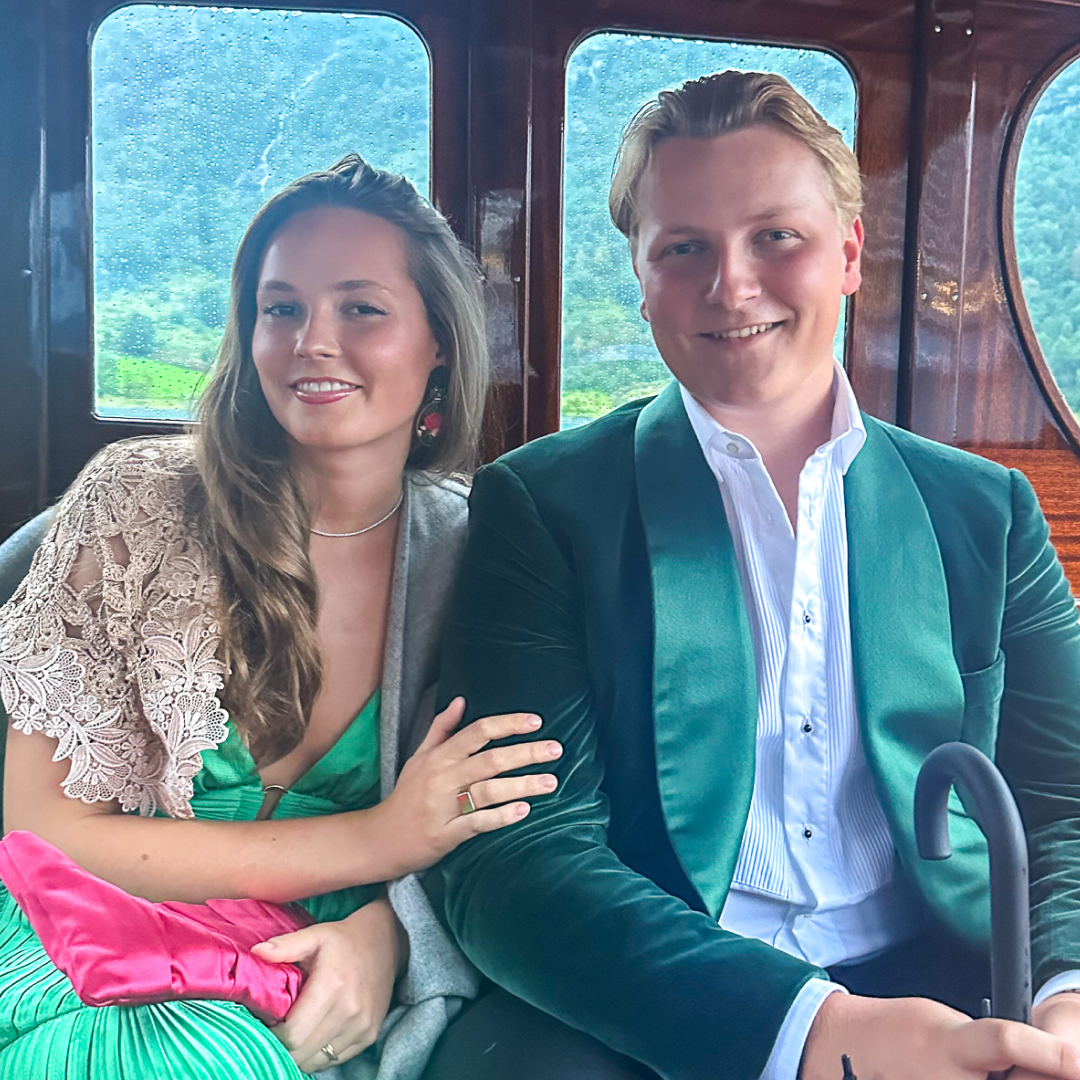 The Future Queen of Norway Trades Camo Fatigues For a 125-Year-Old Tiara and Her Mom's Old Evening Gown
The Future Queen of Norway Trades Camo Fatigues For a 125-Year-Old Tiara and Her Mom's Old Evening GownSomething old, something new, something borrowed, something blue.
By Kristin Contino Published
-
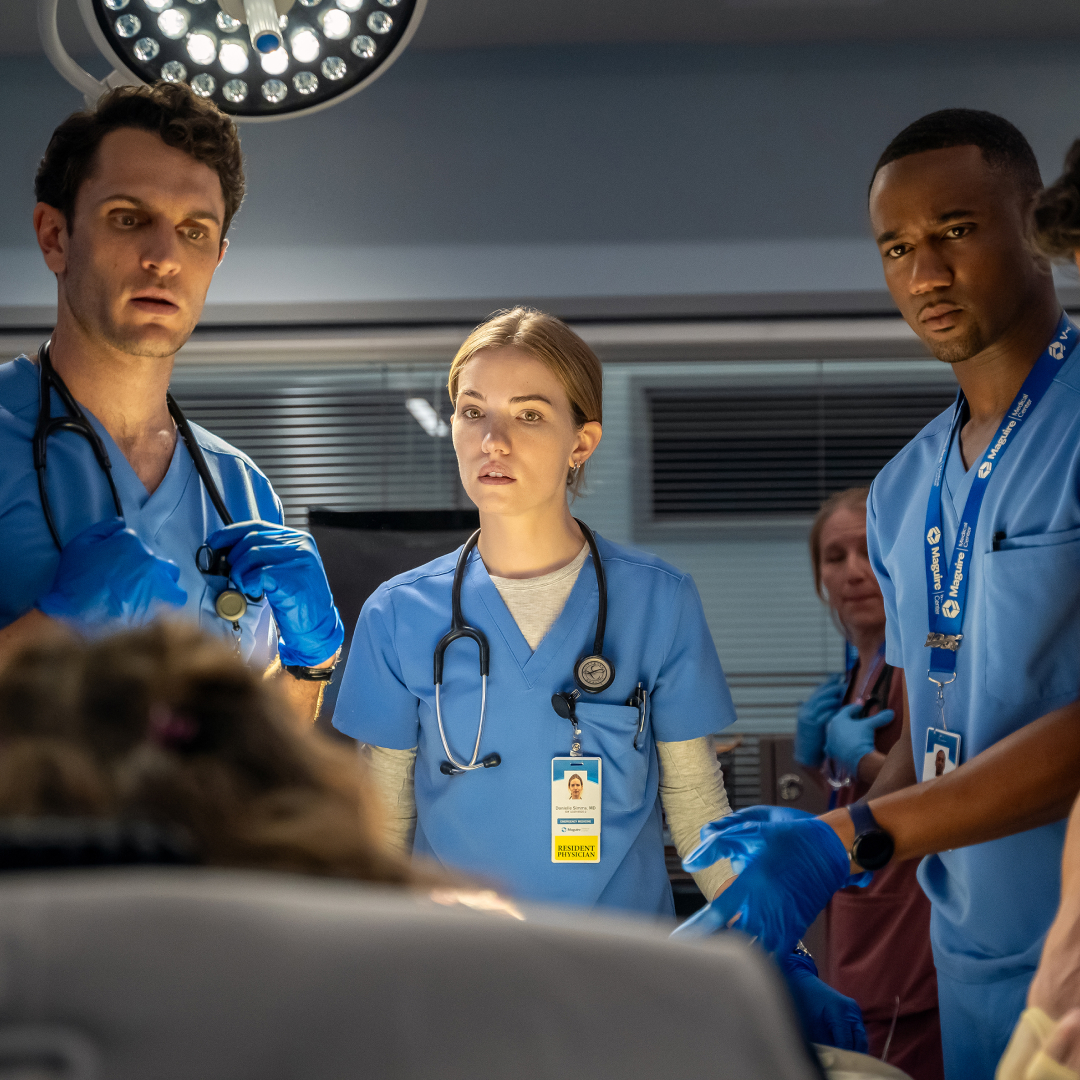 'Pulse' Season 2: Everything We Know
'Pulse' Season 2: Everything We KnowWe need to know about the future of the central will-they-won't-they STAT.
By Quinci LeGardye Published
-
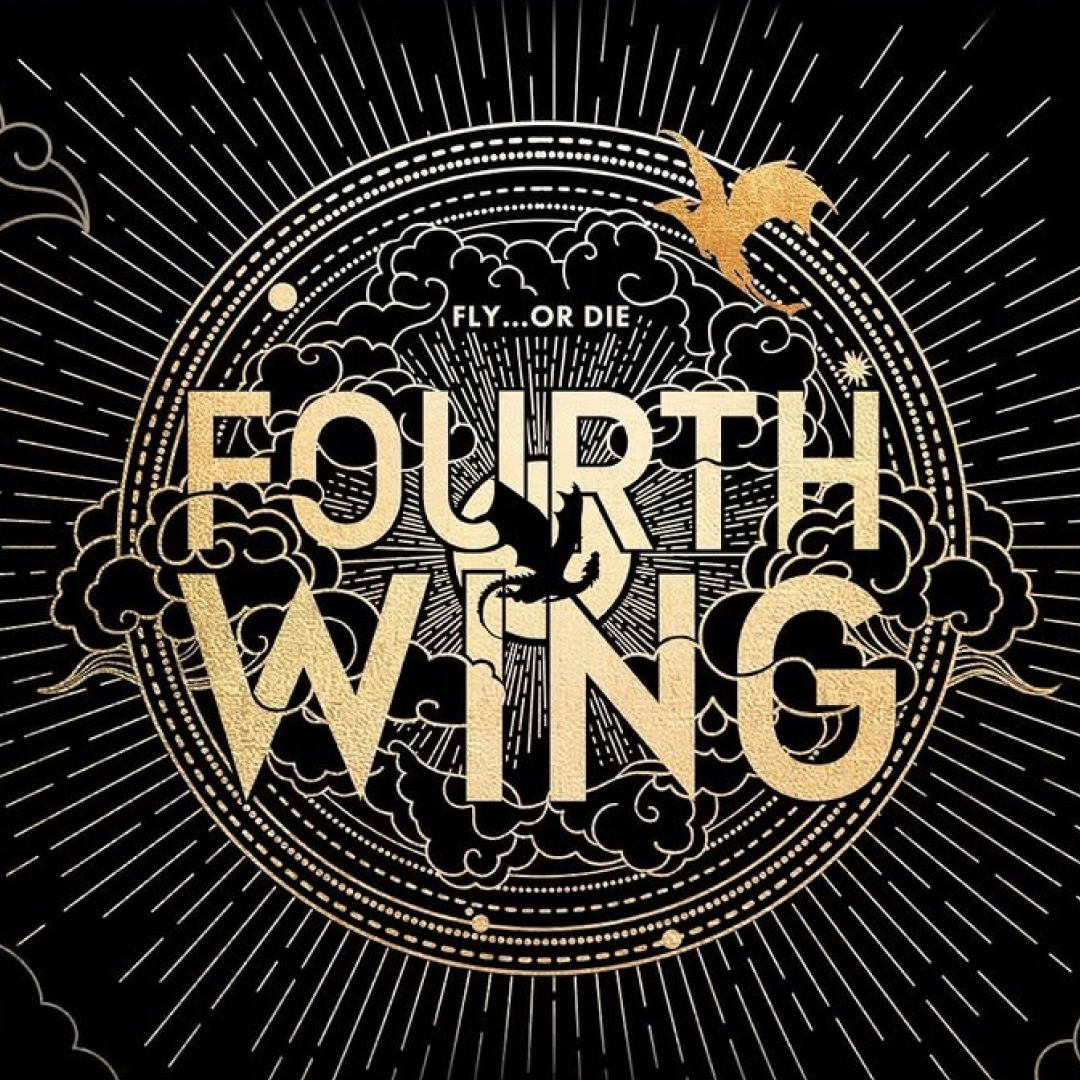 The 'Fourth Wing' TV Show: Everything We Know About the Series Adaptation
The 'Fourth Wing' TV Show: Everything We Know About the Series AdaptationRebecca Yarros's bestselling romantasy series is getting the Prime Video series treatment.
By Quinci LeGardye Last updated
-
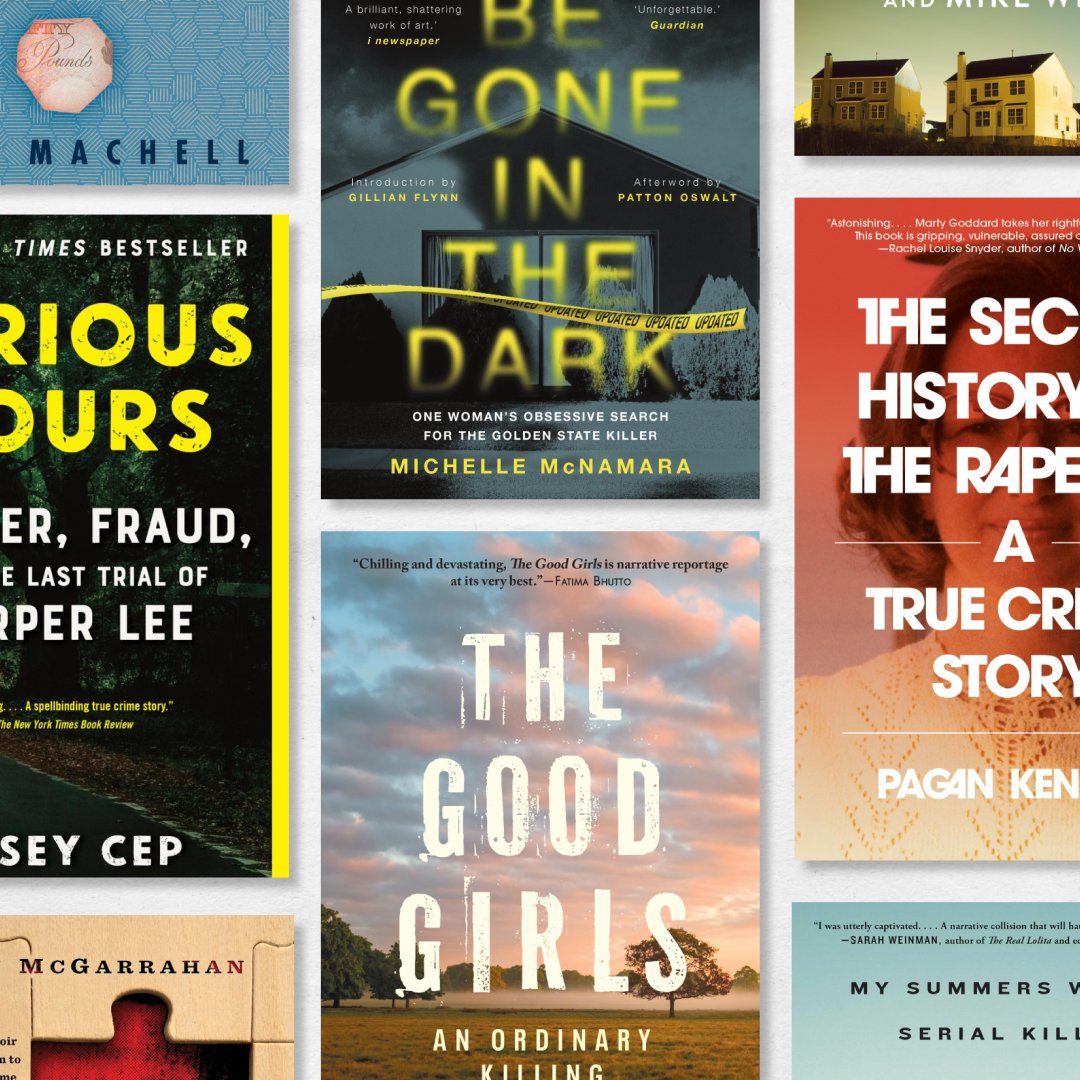 The 20 Best True Crime Books to Read in 2025
The 20 Best True Crime Books to Read in 2025These nonfiction titles and memoirs about serial killers and scammers are the definition of page-turners.
By Andrea Park Published
-
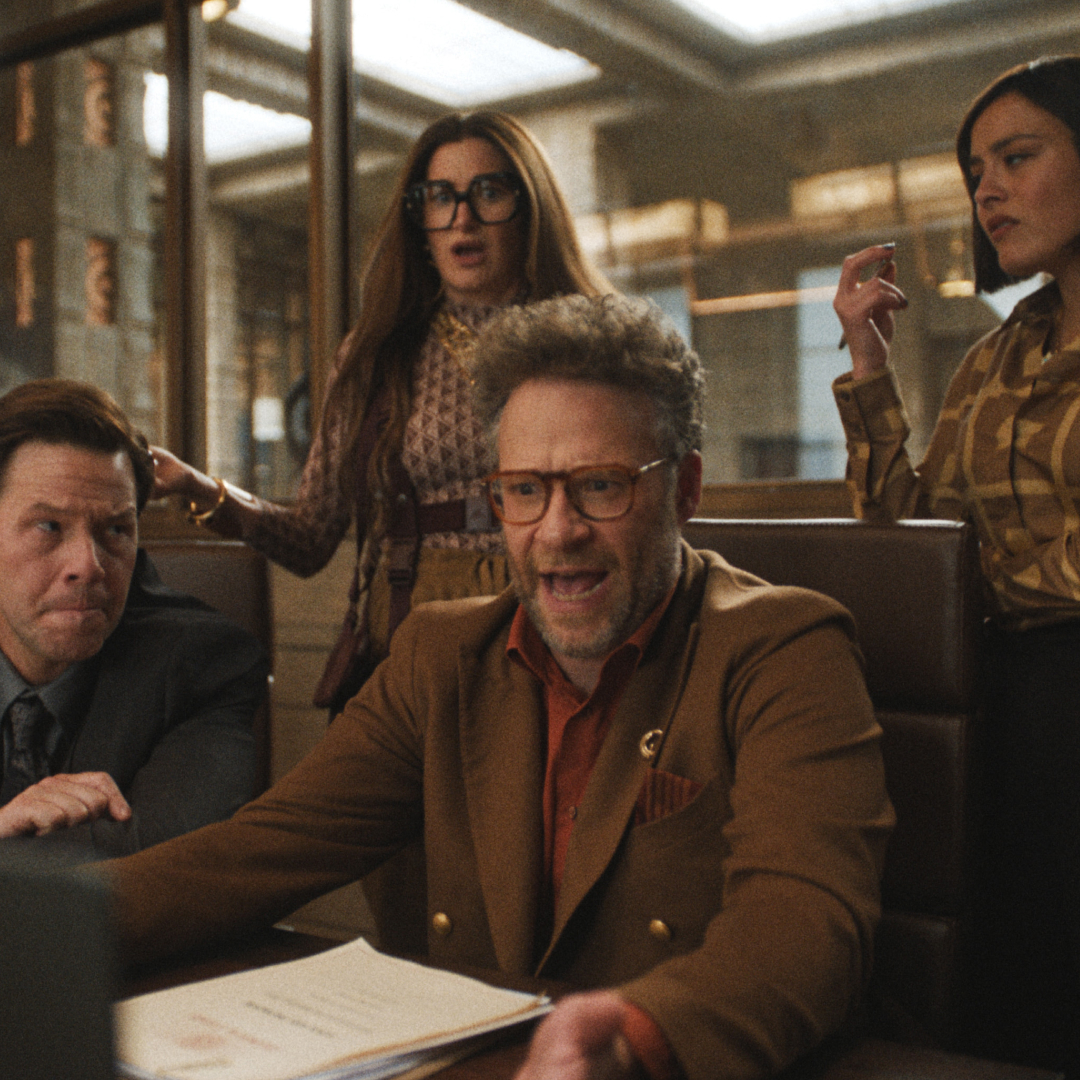 The Cast of 'The Studio': Your Guide
The Cast of 'The Studio': Your GuideThat's showbiz, baby!
By Quinci LeGardye Published
-
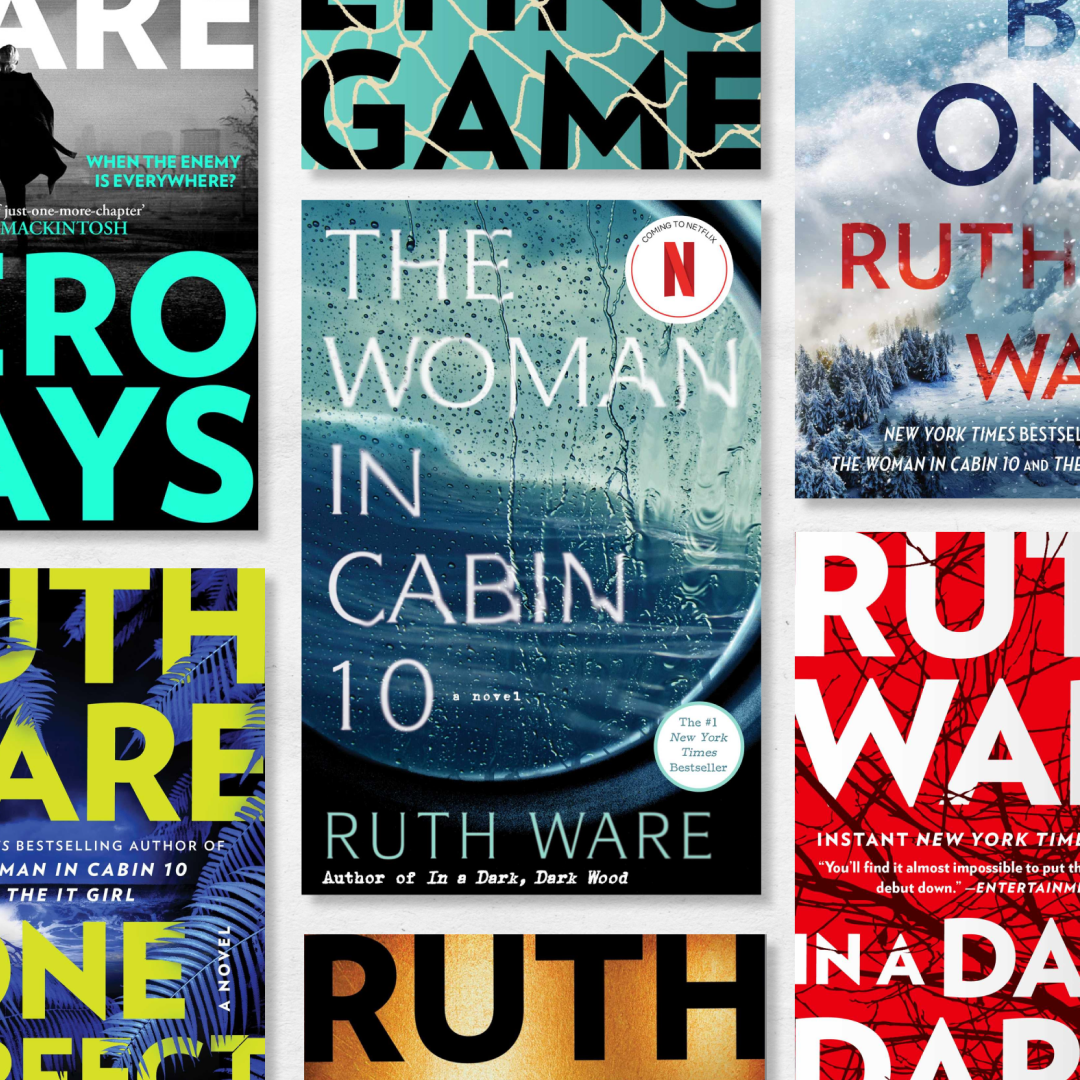 Every Ruth Ware Book, Ranked—From 'In a Dark, Dark Wood' to 'The Woman in Cabin 10'
Every Ruth Ware Book, Ranked—From 'In a Dark, Dark Wood' to 'The Woman in Cabin 10'Here's what you should read before her new thriller 'The Woman in Suite 11' hits shelves.
By Nicole Briese Published
-
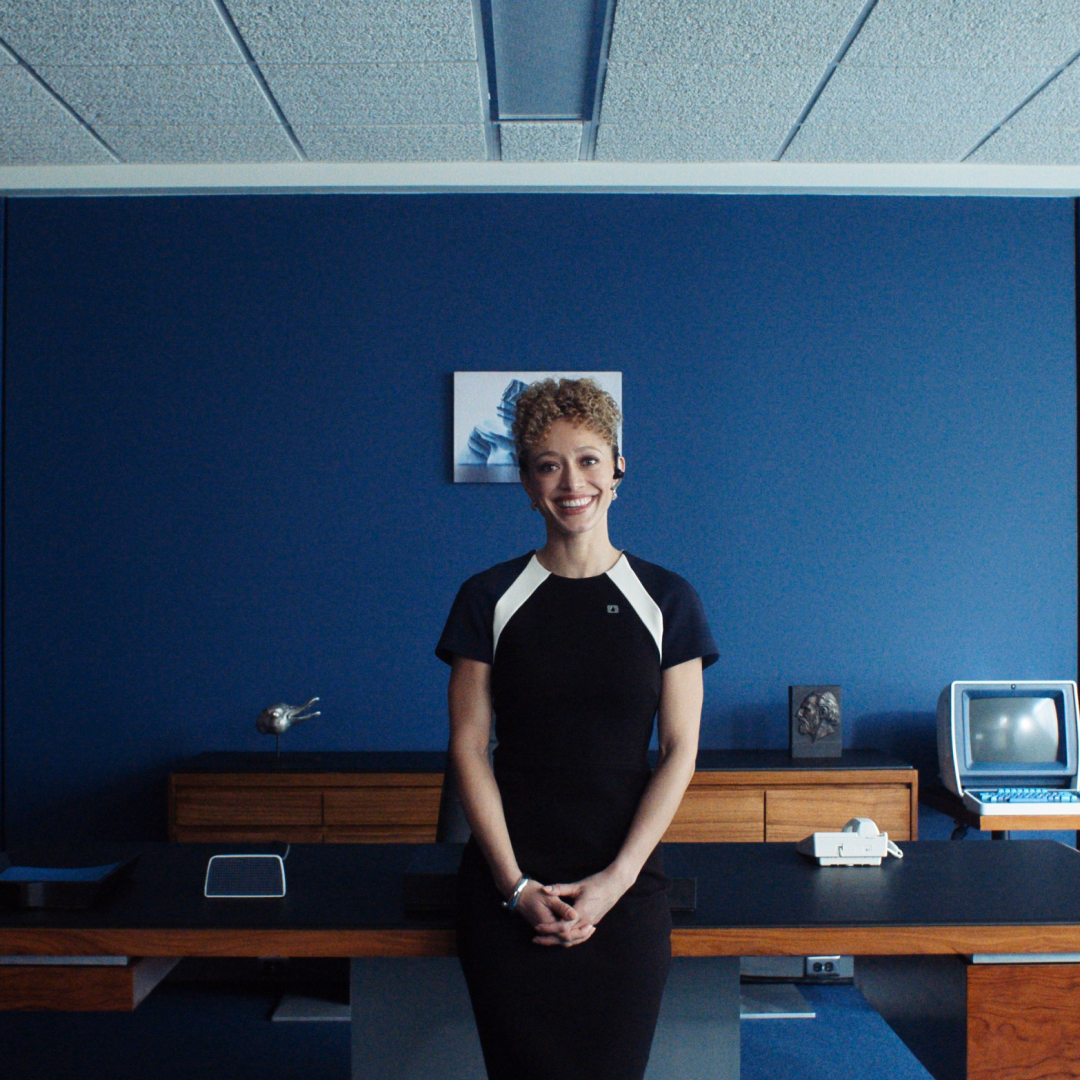 'Severance' Is a Vintage Furniture Collector’s Fever Dream
'Severance' Is a Vintage Furniture Collector’s Fever DreamProduction designer Jeremy Hindle explains how he sourced rare pieces from all over the world to fill the offices of Lumon.
By Viv Chen Published
-
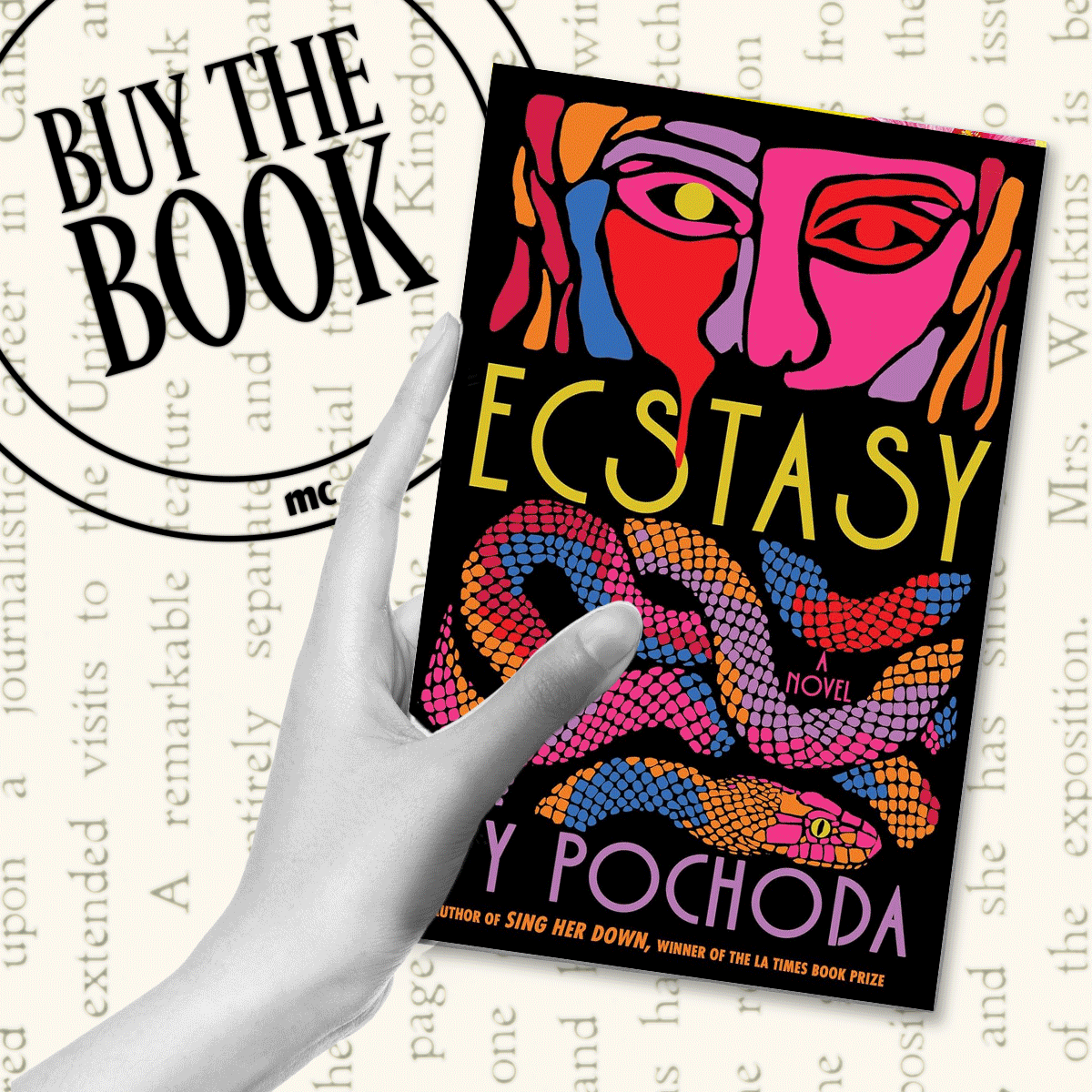 10 Books to Read for a Killer Vacation
10 Books to Read for a Killer VacationPack these novels about vacations gone very wrong on your next trip.
By Liz Doupnik Published
-
 The Melancholic Sound of Success
The Melancholic Sound of SuccessThe artist known as Japanese Breakfast opens up about finding her sound on a new album after experiencing whirlwind success.
By Sadie Bell Published